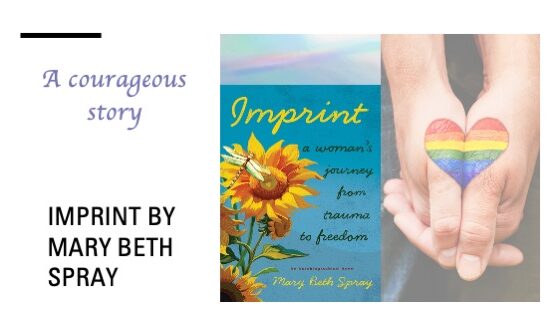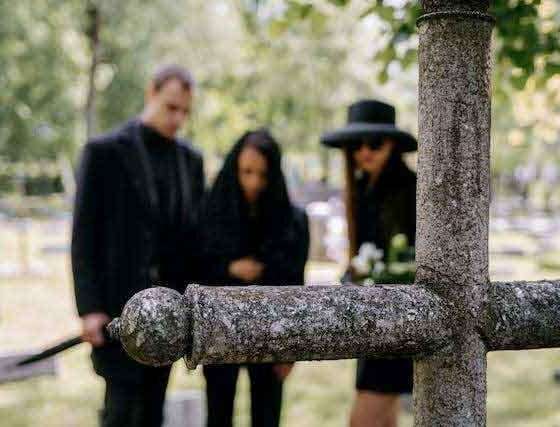5 Ways to Cope with the Effects of Domestic Violence

[vc_row][vc_column][vc_column_text]Photo Credit:@ iStock Photo/alvarez
The effects of domestic violence can take a toll on your body, mind and spirit. If you are a survivor, it takes time to adjust once you have escaped the abusive relationship. At first, you might feel overwhelmed at the prospect of addressing the pain your abuser caused. However, by cultivating your strengths and overcoming your fear, you will heal. It just takes time. Here are five steps to help you overcome the effects of an abusive relationship.
Stop Blaming Yourself
It is far too common for victims of domestic violence to blame themselves. The first step in healing is to fully understand that abuse is never your fault. It is never ok for a partner to put their hands on you, no matter what the circumstances. Whether or not your partner had a tough childhood or was the victim of an abusive relationship, it is never an excuse to lay hands on you. If you want to live the rest of your life free from that overwhelming sense of fear, you must first tell yourself that it is not your fault. Tell yourself every day that it is not your fault.
Stop Isolating Yourself
In order to live a life free from the psychological effects of domestic violence, you must get out and experience life. You must reconnect with people you know you can trust. If there is no one you trust, start building your own support network. Although you may feel safe by isolating yourself, it is not a long-term solution. If you miss old friends or family members and would like nothing more to reconnect, then you must stop the cycle of isolation. Try to remember what you loved to do most before you entered into an abusive relationship.
Stop Thinking of Yourself as a Victim
You are a survivor, not a victim. Try to remember that you are still in control of your thoughts and your emotions. Thinking of yourself as a survivor and not a victim will take time. It is normal to think like a victim, and it is healthy to recognize that you are a victim of domestic violence. However, the healing process requires you to push past the victim mentality and think of yourself as a survivor. You are a survivor of life, not a survivor of an abusive partner.
Do Not Minimize Your Abuse
Many people who experienced domestic violence tend to minimize the level of abuse. Some victims of abuse often dismiss their experiences. “My partner just smacked me around a little, it was nothing, and it is not like he is sending me to the hospital every other day.” This is a classic symptom of minimizing or dismissing the abuse. You have to accept the experience, and you must recognize that it was abuse. Proper healing begins when you learn how to see that abuse in any form is never acceptable.
Face Your Pain
Many trauma recovery coaches state that you must face your pain head-on. You have to acknowledge that someone hurt you, and that hurt and pain changed your life. If you do not address the pain and how it has changed your life, it will interfere with your ability to build a new life that is free from feeling angry, hurt or stuck.
Above all things, you must tell yourself each and every day that you did nothing wrong. However, it is one thing to tell yourself that every day, but you must understand that it is true. In time, you will break free from the pain your abuser caused and live a life filled with new hopes and new dreams. Do not hesitate to contact a support group for domestic violence survivors or a domestic violence attorney who handles domestic abuse to help you continue with the healing process.[/vc_column_text][/vc_column][/vc_row][vc_row][vc_column width=”1/6″][vc_facebook type=”button_count”][/vc_column][vc_column width=”1/6″][vc_tweetmeme][/vc_column][vc_column width=”1/6″][vc_googleplus][/vc_column][vc_column width=”1/6″][vc_pinterest][/vc_column][vc_column width=”1/6″][/vc_column][vc_column width=”1/6″][/vc_column][/vc_row]







